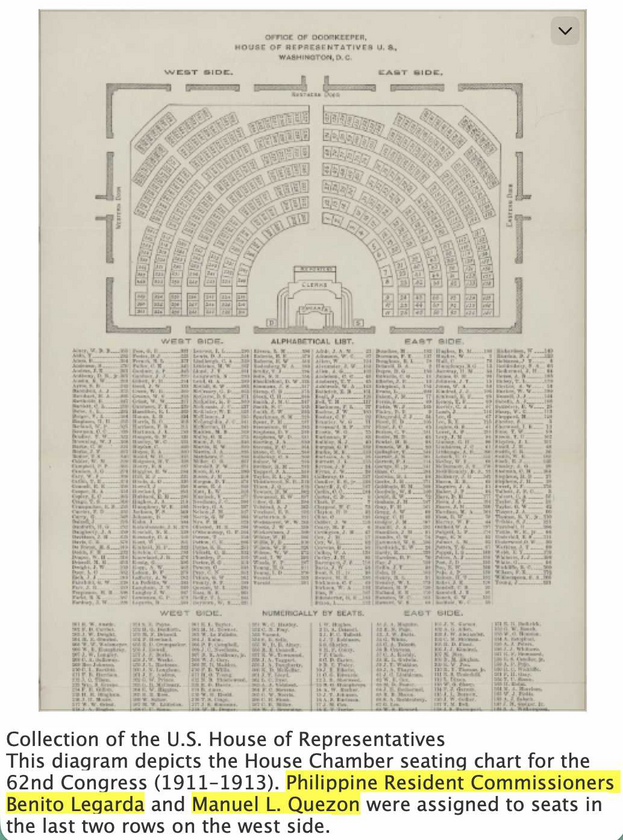You can listen to the Politics by Faith podcast anywhere, but the ad-free version, the day before, with the transcript, is only on MikeSlater.Locals.com. Thank you for subscribing!
The story of Benjamin Warfield always helps me be more patient. But we don't need to go back 100 years to find inspirational stories of extraordinary patience.
Good morning, welcome to the Morning Motivation brought to you by Patriot Goal Group and the Public Square app. I'm talking about patience this week. You know, my son is starting, my son and daughter are starting homeschool this year. Oh boy, I need some advice on that one. Jack in first grade, Grace in kindergarten, Memoria Press is the curriculum that we are using. They're gonna go to school with a teacher on Mondays and then it's us the rest of the week. So hoo-wee. We also have a three-year-old and a nine-month-old, so not sure how we're gonna do all that, but it starts in a week.
0:00:38
We'll need your prayers for that, and certainly advice. Anyway, I bring it up because Jack, this year, is going to learn to write cursive. And I look forward to learning it with him and writing in cursive from now on. I have terrible handwriting and that's an annoying thing. Oh yeah, I'm just bad at math. People do that and they laugh. It's like, oh, I have terrible handwriting. He said, well, I don't want terrible handwriting anymore.
0:01:02
I want good handwriting. I was talking to one of my friends about this. He said, and he writes in cursive all the time, he says a coworker of his said that whenever he gets a handwritten letter from him, and I guess in their work correspondence, they write notes, handwritten notes a lot, right? It's not like, they're not like love letters but like they're those. He says, whenever he gets one from my friend, no matter what the context is or what the content is of the letter, it makes him feel like he's going on a quest.
0:01:30
There's something whimsical about my friend's handwriting and it is spectacular. I don't expect to get that good at calligraphy, but I look forward to writing in cursive. And I want to write more. I love the idea of writing with your hand because it forces you to slow down. I'm too high strung, too fast. I need to slow down and writing letters can help you do that because as you're writing you're thinking. We don't do that anymore. We just type and it's fast. There's no thinking anymore.
0:02:04
We all need time to think. Never forget I read a talk to the author of a book called Gatekeepers. It was a book about the chiefs of staffs of different presidents and I asked him what the most important aspect is of a chief of staff and he said giving the president time to think. Do you give yourself time to think? As your own chief of staff, you probably don't have one, so it's you, do you give yourself time to think? This week we're talking about patience. John Piper, I guess the tie-in is that patience is when things are moving too slowly for our liking.
0:02:42
But even then, it's more time to slow down, another opportunity to slow down. John Piper wrote a book on patience. The book's called Providence, but patience was a chapter of it. He said, believing the providence of God, embracing the providence of God, enables us to be more patient and faithful in the long, dragged-out, often unexpected trials of life amidst the most inexplicable circumstances, detours and delays that from our limited viewpoint make no sense. But believing the providence of God transforms that experience. James 5 7, be patient brothers until the coming of the Lord. See how the farmer waits for the precious fruit of the earth, being patient about it until it receives the early and the late rains.
0:03:40
You also be patient. We use that same analogy on Monday, I think. I didn't have the scripture, but there it is. This farming analogy. I think we used to be a more patient people when we were all farmers, because you had to be patient. You had to wait. You couldn't speed it up. But now in our professions, we need everything to be Ethernet fast. There's no concept of seasons anymore.
0:04:09
I get inspiration from this story, the story of Benjamin Warfield. He was a theologian in the late 1800s, early 1900s. 1876, he was 25 years old and he married a woman and they went on their honeymoon to Germany and during a storm she was struck by lightning and permanently disabled. It was on their honeymoon. So think about that. They have their whole life. They're looking forward to the visions of the future and together, and they didn't even make it to the end of their honeymoon. He cared for her for 39 years and it did not end like Job where, you know, he ended up with twice as much as before she just died.
0:04:45
And because of what his wife needed, I can't imagine how hard that would be today, let alone 150 years ago, he never left his home for more than two hours at a time for 39 years. His life was completely different than he ever dreamed. Imagine how low his patience was, how low his patience could have been. But he loved God, and he loved her. So his patience was long. Warfield wrote his thoughts on Romans 8.28. It says, and we know that for those who love God, all things work together for good. For those who are called according to his purpose. That's a tough one.
0:05:36
But this is what he said. Again, his wife paralyzed on their honeymoon. Here's what he said. So how easy would it be to be bitter towards God on that one? He said, the fundamental thought is the universal government of God, that is, providence. All that comes to you is under His controlling hand. The secondary thought is the favor of God to those that love Him. If He governs all, then nothing but good can befall those to whom He would do good. He will so govern all things that we shall reap only good from all that befalls us. Do you believe that? Do you believe that to be true? And if so, can that truth help us all be more patient, no matter what?













